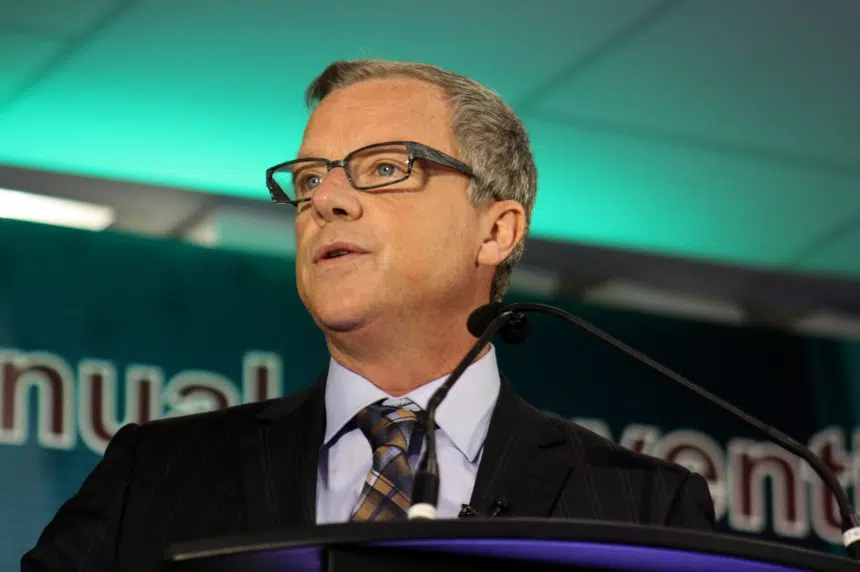Leaders of both parties were facing questions on Monday about the vetting process for candidates in this election campaign.
NDP leader Cam Broten announced replacements for four candidates who either resigned or were dismissed by the party over inappropriate comments on social media.
At a campaign event in Saskatoon on Monday, Brad Wall was also asked about Sask. Party candidates who have previous impaired driving convictions.
Terry Dennis is the candidate for the Canora-Pelly riding and has two prior convictions for Driving Under the Influence (DUI), one in the 1970s and one in 2001. Wall pointed out that Dennis fully disclosed that information and has been re-elected four times as mayor of Canora.
“I think timing matters, how current is the situation? Also what the person has done since then, even if it was in short order, have they sought to see some good from their very, very dangerous mistake they made,” Wall commented.
He said Dennis has been very open to the community about his DUIs and now speaks publicly about the dangers of drinking and driving.
Wall said the Sask. Party looks at these issues on a case-by-case basis during the vetting process and considers what the person has done to turn things around since then.
Scot Moe who is the incumbent for the Rosthern-Shellbrook constituency also revealed a prior DUI conviction publicly before running in the last election.
Eric Olauson is a current Saskatoon city councilor and now running as a candidate for the Sask. Party in the Saskatoon-University constituency. Wall pointed out that Olauson also disclosed prior convictions for DUIs before getting the nomination.
He said in these three instances the party is “completely comfortable” with all three candidates and wants them on the team.
For the NDP, before running, Meadow Lake candidate Dwayne Lasas and Saskatchewan Rivers candidate Lyle Whitefish both disclosed criminal convictions for impaired driving.
Like Wall, NDP leader Cam Broten insists they too, shouldn’t be ruled out.
“I don’t think that should rule them out,” he maintained. “Ultimately it is up to the party to decide and for the voters and the public to decide on that.”







